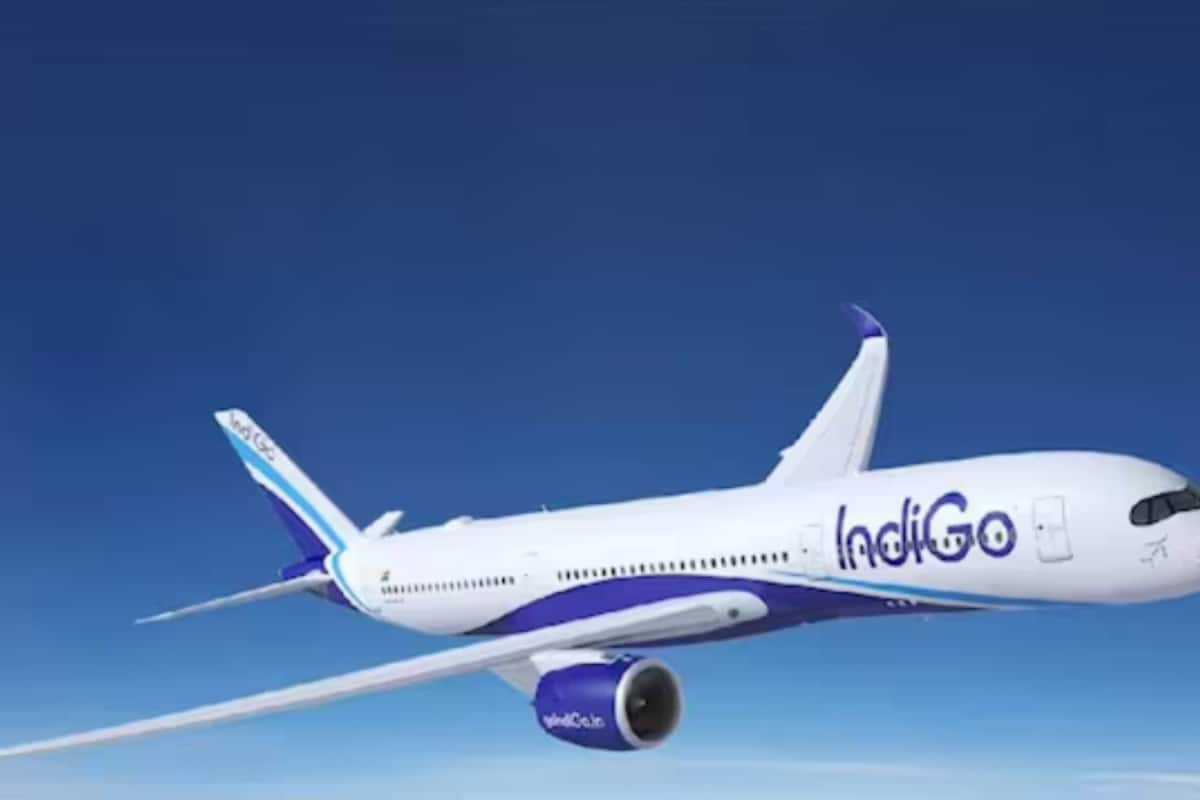

IndiGo, India's largest airline, is facing increased scrutiny over its aircraft leasing agreement with Turkish Airlines. The agreement, which has been in place since 2023, allows IndiGo to operate two Boeing 777 aircraft, complete with Turkish pilots and some crew members, on the Delhi and Mumbai to Istanbul routes. However, rising geopolitical tensions between India and Turkey, coupled with security concerns, have led to calls for the termination of this agreement.
The Directorate General of Civil Aviation (DGCA) has granted IndiGo a three-month extension for its wet lease agreement with Turkish Airlines, pushing the deadline to August 31. IndiGo had requested a six-month extension, but the DGCA only approved a shorter duration, considering the current circumstances. This extension is viewed as a final one, with IndiGo reportedly giving an undertaking to terminate the lease by the end of August and not seek any further extensions.
Several factors are contributing to the pressure on IndiGo to end the lease agreement. Firstly, diplomatic relations between India and Turkey have been strained, particularly due to Turkey's perceived support for Pakistan. This has led to public anger in India and calls for a boycott of Turkish products and services. Secondly, Air India, a rival airline, has been actively lobbying the Indian government to block the IndiGo-Turkish Airlines deal, citing business disadvantages and security concerns. Air India argues that the agreement benefits Turkey at the expense of the Indian aviation industry. The Indian government earlier this month revoked the security clearance of the Turkish ground handling service firm Celebi, citing national security, resulting in a lawsuit from the Indian arm of the Turkish firm.
Despite the pressure, IndiGo has defended the partnership, highlighting the benefits it offers to Indian travelers. The airline argues that the agreement has increased seat availability and provided affordable fares, especially for long-haul international routes. The codeshare agreement with Turkish Airlines also allows IndiGo to offer connections to over 40 destinations in Europe and North America via Istanbul. IndiGo CEO Pieter Elbers has stated that the airline is fully compliant with all regulatory norms and that its operations to Istanbul are within the framework of the air service agreements between India and Turkey.
The situation has placed the Indian government in a delicate position. While there are concerns about the security and business implications of the IndiGo-Turkish Airlines agreement, there is also a need to protect the interests of Indian passengers and ensure that they have access to affordable air travel options. Civil Aviation Minister Rammohan Naidu said that the ministry will seek inputs from IndiGo about their codeshare and other agreements with Turkish Airlines on the grounds of national security.
IndiGo is preparing for the eventual termination of the lease agreement. The airline is reportedly working on a contingency plan to mitigate any impact on its operations. This includes the possibility of replacing the Boeing 777 aircraft with Airbus A321neo or Boeing 787-9 Dreamliner aircraft on the India-Turkey routes. IndiGo also expects its first Airbus A350 by early 2027 and the long-range A321XLR this financial year, which will further strengthen its international operations.
The IndiGo-Turkish Airlines lease agreement has been a subject of much debate and scrutiny. While the agreement has provided IndiGo with additional capacity and enabled it to expand its international network, it has also raised concerns about security and business implications. With the DGCA granting a final three-month extension, it appears that the end of this partnership is now in sight. IndiGo will need to navigate this transition carefully to ensure that its operations are not disrupted and that it can continue to offer competitive air travel options to its customers.